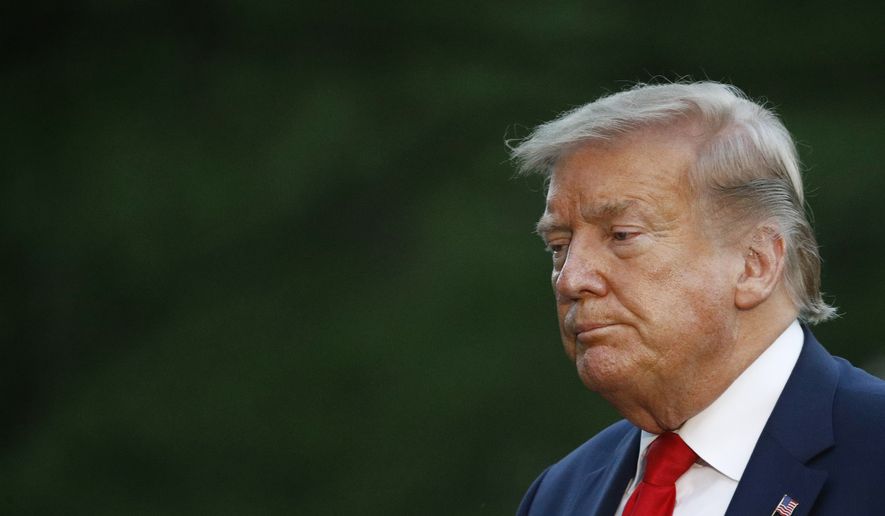OPINION:
Last week, for the first time in the history of the social media platform, Twitter added a fact-checking warning label to two of President Trump’s tweets regarding mail-in voting and fraud. Twitter’s link at the bottom of the president’s posts were meant to signal to the public that the information sent out was, by their lights, factually inaccurate.
The move immediately prompted a response from the administration, which culminated in the president signing an executive order that, among other things, directs the Federal Trade Commission to examine potential cases of conservative bias and a re-examination of Section 230 of the Communications Decency Act — the law that shields online platforms against being sued for their moderation practices or content that their users upload.
Early Friday morning, Twitter again highlighted a tweet by the president, this time adding a warning to the president’s message about rioting in Minneapolis, noting that it “glorified violence.” The tweet was then effectively blocked from view unless an additional step was taken to click view the contents.
Mr. Trump’s rhetorical counter-punch was swift, indicating a looming hot battle between Silicon Valley and the administration that had been simmering for some time:
“Twitter is doing nothing about all of the lies & propaganda being put out by China or the Radical Left Democrat Party. They have targeted Republicans, Conservatives & the President of the United States. Section 230 should be revoked by Congress. Until then, it will be regulated!”
Of course, proponents of Section 230 believe it a crucial protection for online platforms. They argue it is impossible for online platforms to monitor the billions of posts, comments and videos uploaded every day.
The fact of the matter is that social media platforms have turned into modern-day public squares. They have become the preferred outlet for many Americans to exercise their rights to free speech. So, when tech companies cherry-pick what speech can or cannot be shown on their platforms, they are walking a thin line that borders on violating the First Amendment.
And already we have seen these companies justify censorship inconsistently and without clear and adequate explanations. Consider early last year, when Google labeled an advertising campaign warning against the excesses of identity politics by the conservative Claremont Institute in violation of the company’s policy on “race and ethnicity in personalized advertising.” Google’s decision blocked the Claremont Institute from online promotion of their 40th anniversary gala, even to their own readers. When pressed, Google was unable to provide a clear explanation for censoring an organization whose “animating principle has been the proposition that all human beings are created equal.” (Google eventually admitted it was a mistake and restored full advertising rights to the non-profit.)
Then there is the gracious and forgiving attitude many Silicon giants have taken toward oppressive foreign governments like China. It was only two years ago that Google was exposed for secretly working on a censored search engine for the Chinese government. The program was shut down eventually after some employees raised concerns. Today, everyone with eyes to see understands why Twitter has become a favorite platform of the Chinese propaganda machine. Earlier this year, ProPublica published its findings from a months-long analysis of over 10,000 fake and hijacked Twitter accounts that were being used to spread false information around the globe. Twitter claims to be well aware of these accounts and their nefarious aims and yet these tweets stand, for the most part, fact-check free.
Social media companies wield a remarkable amount of power in today’s complex digital world. And undoubtedly, we are in uncharted waters. But it has come to dominate our work, our personal lives and our politics. As a result, Americans should be able to expect transparency and accountability from these companies.
If they can censor the president of the United States, you better believe they can — and will — censor you.




Please read our comment policy before commenting.